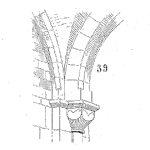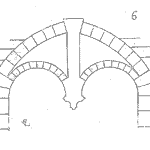
Both organizational structure and decision-making policies have an impact on improving product reliability. The former is more quantifiable whereas the latter involves more intangible subtleties. First, in this post, I’ll discuss the connection between organizational structure and reliability, and in a follow-up post, I’ll address reliability and decision focus, still within the structure of an organization. [Read more…]













 Ask a question or send along a comment.
Please login to view and use the contact form.
Ask a question or send along a comment.
Please login to view and use the contact form.